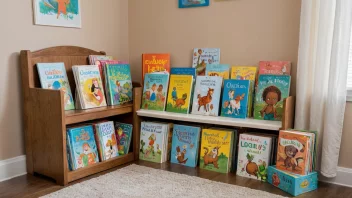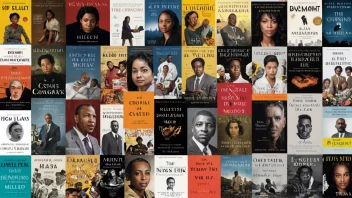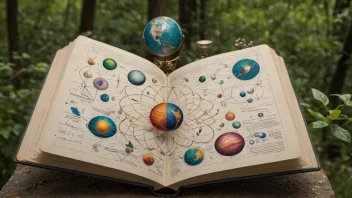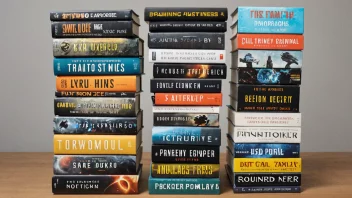Dystopian novels have captivated readers for decades, offering a glimpse into bleak futures shaped by societal issues, oppressive governments, and environmental disasters. Their lasting popularity can be attributed to their ability to reflect contemporary anxieties and provoke critical thought about the world we live in. Below are some frequently asked questions about bestselling dystopian novels and their relevance in today's society.
What defines a dystopian novel?
A dystopian novel typically presents an imagined society that is characterized by extreme suffering, oppression, and often an authoritarian government. These narratives serve as cautionary tales, warning readers about the potential consequences of societal trends and issues.
Which are some of the most popular dystopian novels?
- 1984 by George Orwell
- Brave New World by Aldous Huxley
- The Handmaid's Tale by Margaret Atwood
- Fahrenheit 451 by Ray Bradbury
- The Hunger Games by Suzanne Collins
Why do dystopian novels resonate with readers today?
Dystopian novels resonate with readers today because they often reflect current social, political, and environmental issues. As we face challenges such as climate change, political unrest, and the erosion of personal freedoms, these narratives allow readers to explore the potential consequences of these realities in a fictional context.
Are there any recent bestselling dystopian novels?
Yes, some recent bestselling dystopian novels include:
- The Testaments by Margaret Atwood - A sequel to The Handmaid's Tale, exploring the lives of women in a totalitarian regime.
- Children of Blood and Bone by Tomi Adeyemi - A fantasy that addresses themes of oppression and identity in a richly imagined world.
- Station Eleven by Emily St. John Mandel - A post-apocalyptic novel that delves into the importance of art and humanity in the face of disaster.
How do dystopian novels influence societal change?
Dystopian novels often challenge readers to think critically about their own societies. By highlighting issues such as inequality, surveillance, and environmental degradation, these stories can inspire activism and encourage readers to advocate for change in their communities.
What themes are commonly found in dystopian literature?
- Government Control: Many dystopian novels explore the effects of totalitarian regimes on individual freedoms.
- Surveillance: The theme of constant monitoring by the government or institutions is prevalent in dystopian narratives.
- Loss of Individuality: Characters often struggle to maintain their identity in oppressive societies.
- Environmental Collapse: Many dystopian settings depict the aftermath of ecological disasters caused by human actions.
Can dystopian novels be classified into sub-genres?
Yes, dystopian novels can be classified into several sub-genres, including:
- Post-Apocalyptic: Focuses on life after a major catastrophe, such as nuclear war or a pandemic.
- Social Commentary: Uses the dystopian setting to critique current social issues.
- Science Fiction Dystopia: Incorporates advanced technology and speculative elements.
What impact do dystopian novels have on young readers?
Dystopian novels can empower young readers by encouraging them to think critically about the world around them. They often provoke discussions about morality, justice, and the consequences of actions, making them relevant educational tools in fostering awareness and empathy.
In conclusion, bestselling dystopian novels continue to resonate with readers due to their exploration of relevant themes and societal challenges. These narratives not only entertain but also serve as a mirror reflecting the complexities of our world. As we navigate contemporary issues, these stories remind us of the importance of vigilance and the potential for change.






